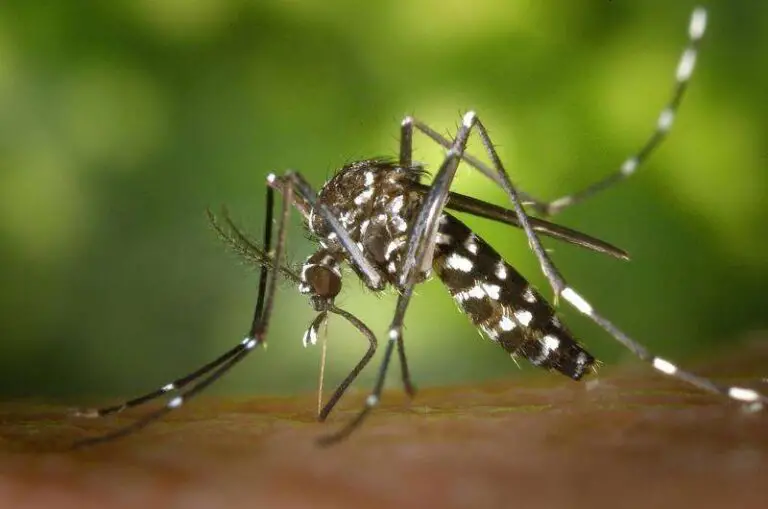As climate change accelerates, new health threats are emerging at an alarming pace. A recent study from U.S. researchers has linked the rising global temperatures to a sharp increase in dengue fever cases, with climate change responsible for nearly a fifth of the surge in infections. The virus, transmitted by mosquitoes, is now expanding into new areas, threatening millions more with the potential for deadly outbreaks.
Dengue fever, once limited to tropical and sub-tropical regions, has become a significant health risk worldwide due to the rising heat. The mosquitoes that carry the disease thrive in warm environments, and with temperatures increasing, these insects are moving into new areas that were once inhospitable. As a result, regions that never experienced dengue are now seeing outbreaks, with the potential for cases to multiply by up to 200% in the next 25 years in some areas.
According to Erin Mordecai, a researcher from Stanford University and the senior author of the study, approximately 19% of current dengue cases are directly linked to climate change. The ideal temperature for dengue-spreading mosquitoes is between 20 and 29 degrees Celsius (68-84 degrees Fahrenheit), and as more regions warm to these levels, the risk of dengue outbreaks increases. This presents an urgent health challenge, particularly in parts of Latin America and Asia.
In 2023, over 12.7 million dengue cases were reported globally, but experts believe the actual number could be much higher due to significant underreporting. This rapid rise highlights the importance of understanding the complex relationship between climate change and public health.
However, there is hope on the horizon. A promising approach involves releasing mosquitoes infected with the bacteria Wolbachia, which prevents them from transmitting the dengue virus. In Brazil, where dengue outbreaks have surged, the introduction of Wolbachia-infected mosquitoes in Niteroi city has shown significant success. The city, which experienced fewer cases compared to the rest of Brazil, demonstrated a 90% reduction in infections since the program’s implementation.
Researchers are optimistic that the use of Wolbachia can provide long-term protection against the growing threat of dengue. In collaboration with the Brazilian government, they are working to establish a mosquito breeding facility that could produce millions of Wolbachia-infected mosquitoes to protect more communities around the world.
While the warming planet continues to fuel the spread of disease, the development of innovative solutions like Wolbachia-infected mosquitoes offers hope in the fight against dengue. The challenge now is to scale these efforts globally and protect those most at risk.

